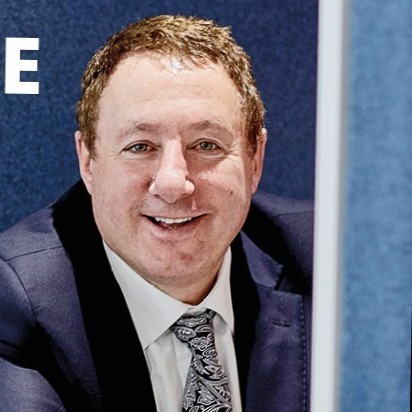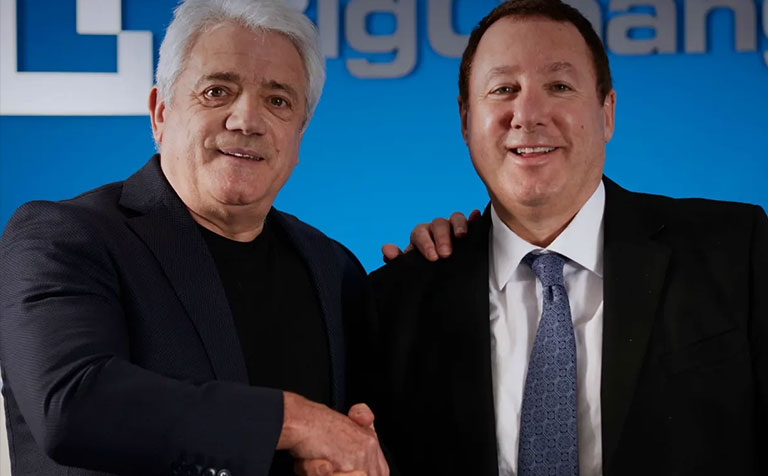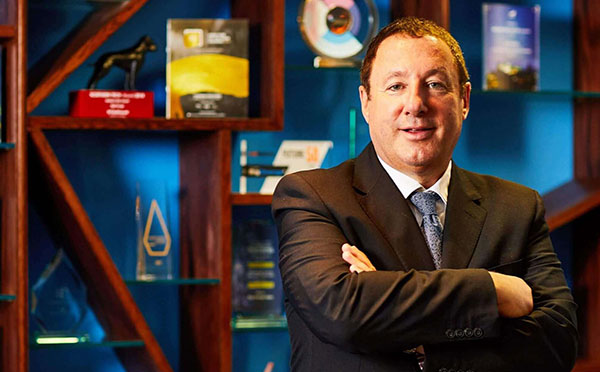The right to disconnect leaves founders high and dry
This month, Portugal passed a law making it illegal for employers to contact their teams outside of official working hours. Any bosses found breaking the law could be subject to steep fines. Every company in the country employing 10 people or more is bound by this rule.
Portugal isn’t the first country to adopt such a law. France introduced its own ‘right to disconnect’ rules in 2016, followed by Italy in 2017 and Spain in 2018.
There is a similar movement gaining traction in the UK right now.
I understand the principle behind laws like this. Governments want to protect workers from burn-out and being forced to work round the clock by tyrannical bosses.
But the truth is that most bosses are not tyrants. They don’t want to push their teams to the limit. They just want their growing business or start-up to survive. This means that – occasionally – people may need to work late or answer emails over the weekend.
Most of the people who use BigChange’s platform started as one-man bands. Through hard work, talent and perseverance, they grew their businesses from the ground up. They never turned their phones off at 5pm. Their teams wouldn’t refuse a call out because it was outside normal working hours. The world doesn’t simply shut down between the hours of 5pm and 9am.
BigChange may be a technology company but we exist to serve the global mobile workforce. This gives me a unique perspective, and it seems to me that the right to disconnect widens the divide between so-called “white collar” and “blue collar” workers.
Engineers on the road can’t clock off until they’ve fixed all the issues on their list. They may get up at 5am to drive to their first site across the country. Are you telling me that these people are less important than office workers? Laws like this seem to pit the 9-5-ers against tradesmen, presuming that one group needs protection while the other group just has to get the job done.
Call me old-fashioned, but I believe a little hard work never hurt anyone. I may be a founder now, but I have also worked for other people. I know what it’s like to get up at the crack of dawn and put in long days to help someone else’s venture get off the ground. I did it because I believed in the vision of the founder and was proud to contribute to the growth and success of a new business.
How many of the innovative companies changing the world today would exist if the right to disconnect had been in place when they were first formed? My guess is: very few.
There’s no getting around it. If you want to bootstrap a start-up, or to grow an existing business, it takes hard work, and lots of it. There is no substitute for hard graft. And no founder can do it alone. You need a motivated and enthusiastic team beside you.
I believe that legislation like this is a mistake. It presumes that people hate their jobs and can’t wait to clock off at the end of the day. Not that they are driven, capable people who take pride in their work. It also presumes that all bosses are slave drivers who don’t properly incentivise or reward the hard work of their teams.
Why are these European countries infantilising workers in this way? Why can’t individuals talk to their managers if work is getting too much for them? What has happened to old-fashioned conversation?
As a founder, I fear that movements like the right to disconnect are pushing people to give the bare minimum at work. It stifles the overachievers. BigChange is a big business today but, back when we were starting out, we survived only because of the extraordinary commitment of our first employees. They worked late, and we laughed together over pizza once the job was done. It was a privilege to work alongside these people and, of course, their loyalty was rewarded as the company grew. So this post is for them, and for all hard-working teams and founders. Let’s look after our mental health and each other without smothering our entrepreneurial ambition.



